3 Rules for When Police Can Seize Your Home Security Videos
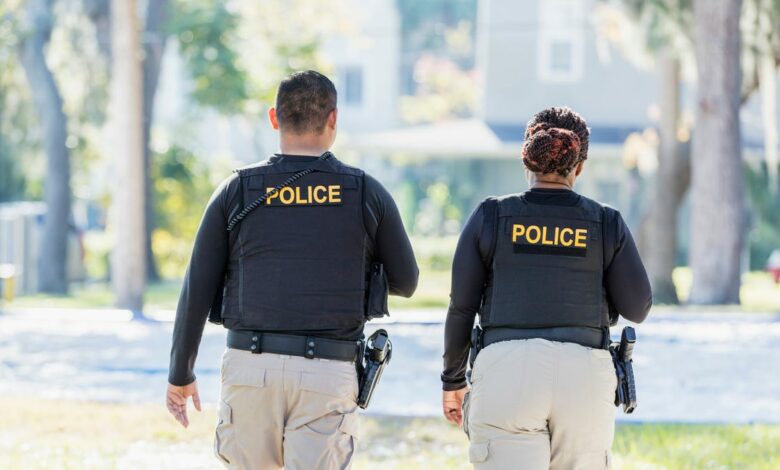
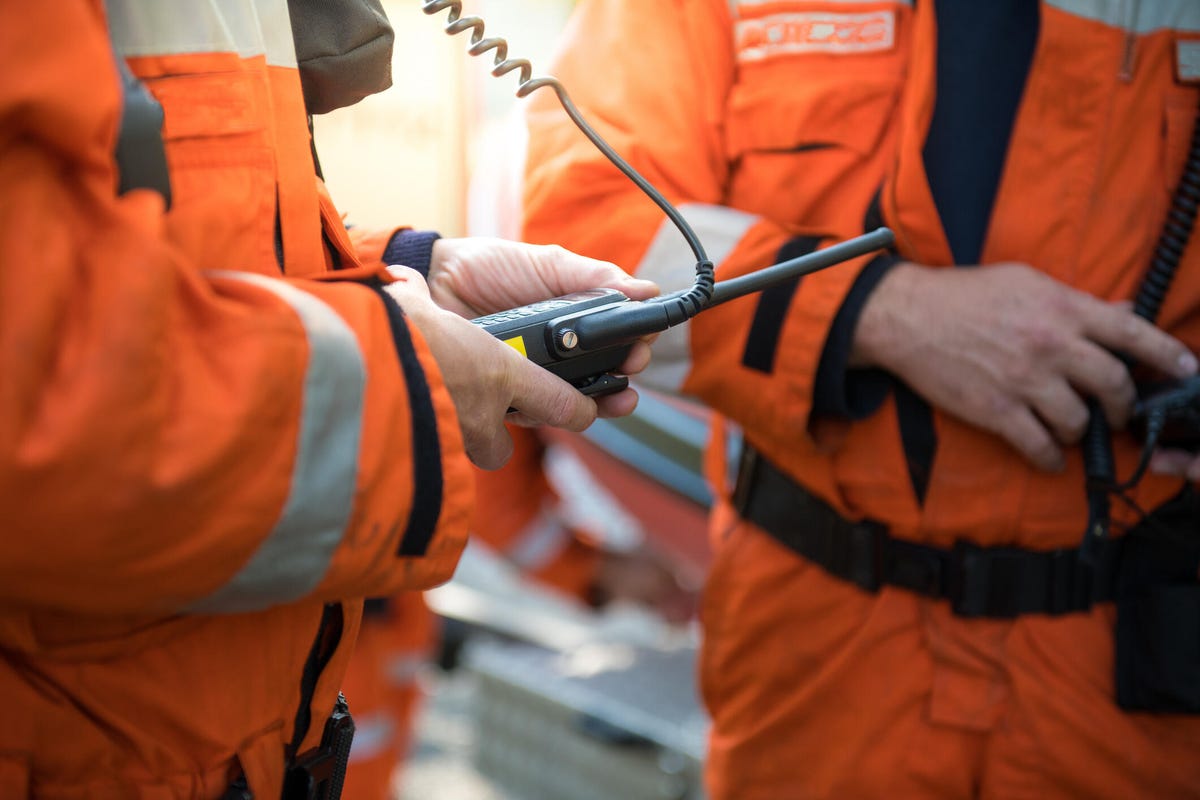
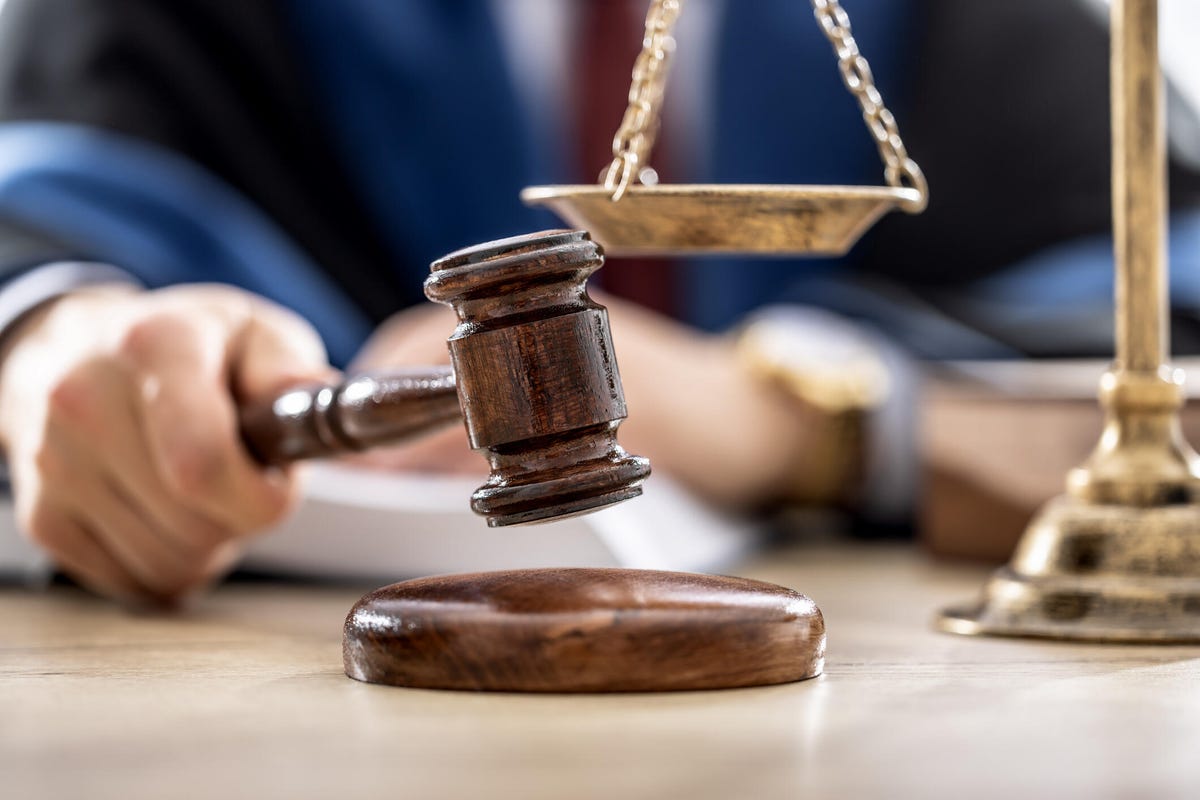
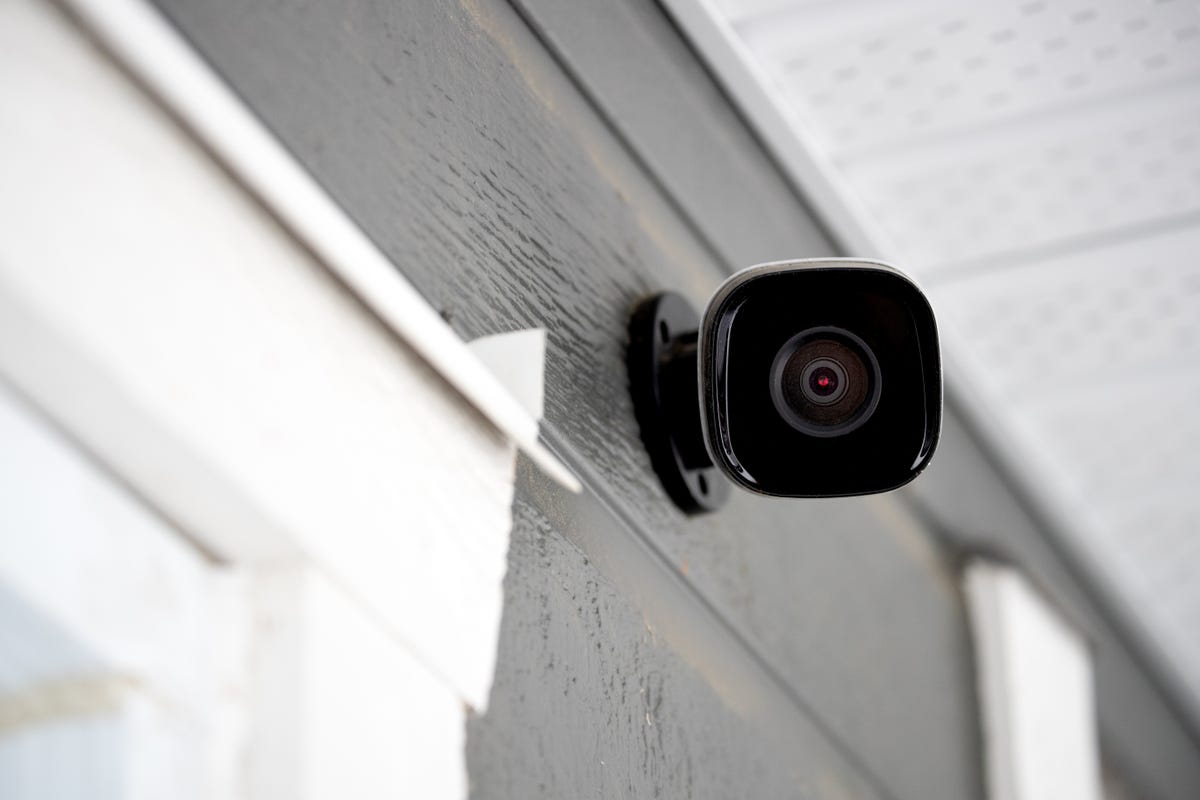
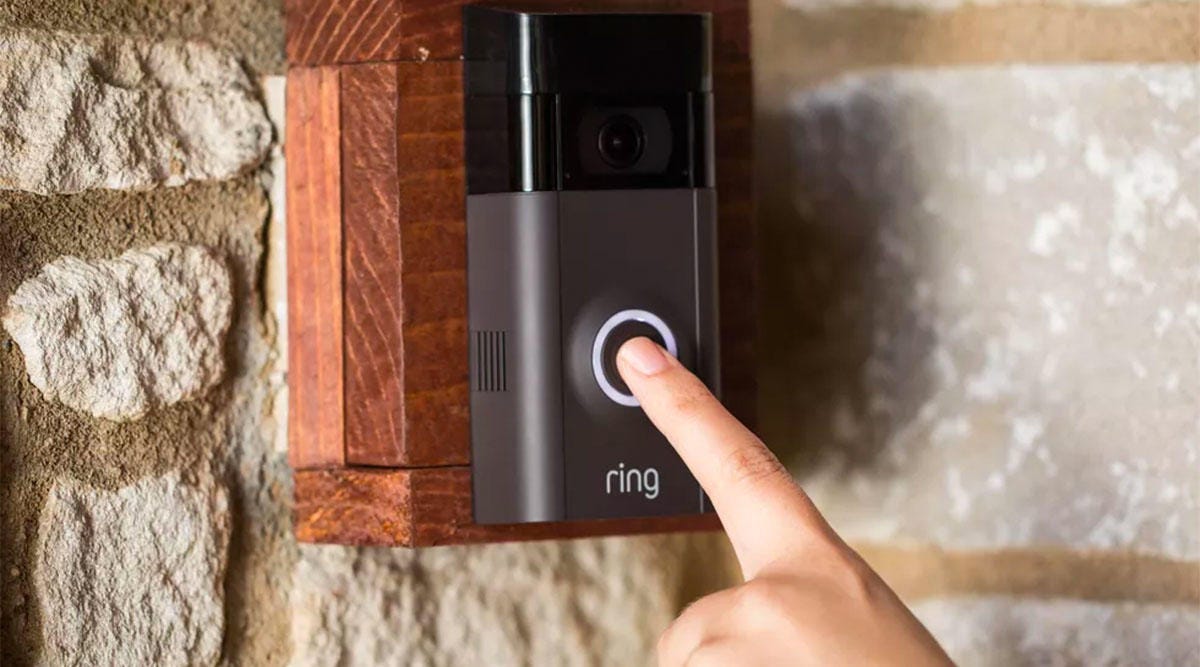
It’s understandable if the thought of the police taking your home video without permission (or even without knowledge) makes you sick to your stomach. Although security companies have different policies when it comes to law enforcement, police have ways to override these policies and retrieve video footage from the cloud or local storage, usually citing an emergency.
Even more difficult is that laws vary not only by country, but also by state, and can change over time as a result of new legislation or court decisions. That makes it difficult to find reliable and up-to-date advice online, whether you’re surfing Reddit or looking up past court cases.
Let’s clear things up: here are the current rules on when police can take your home video recordings that apply broadly to the US and the latest legal trends affecting this issue.
1. Police can request home security footage in case of emergency

In emergencies, the police have the legal right to request sensitive information, such as camera images.
First, law enforcement has the ability, as described in the company’s privacy policy, to request cloud video footage in an emergency. Here, an “emergency” generally means a life-or-death situation or something else with high stakes, such as a kidnapping or a manhunt for a violent criminal.
Most security companies offering video storage in North America will process and consider these emergency requests. Here’s an explanation of Google Nest about how it handles sharing user data with law enforcement, how it may attempt to limit the scope of the user privacy request, and how it may or may not notify users of the request. Security users may not know that police have accessed their cloud videos.
“Before fulfilling a request, we ensure it complies with the law and Nest policies,” the company says. “We will notify users of legal requirements, as appropriate, unless prohibited by law or court order. And if we believe a request is too broad, we will attempt to limit it.”
In these situations, law enforcement contacts the cloud video management organization (usually your security brand such as Arlo or Ring) directly and requests specific video footage from an area through channels set up to enable such requests.
Important note: There is an option to share saved cloud videos, but security companies generally do not allow law enforcement to view cameras directly through live feed. Thanks to end-to-end encryption and related practices, even security companies themselves may not have this capability, except in some cases of professional home surveillance.
2. Law enforcement can use a warrant to gain access to home security equipment

Warrants are a way to even take up local storage on home security devices.
Another option the police have to seize CCTV footage is via a warrant or similar court order. Arrest warrants allow police to take security equipment home and examine it, including any local storage you have, so avoiding cloud storage won’t help much.
Typically, warrants are only granted if the police can provide some evidence that a crime may have been committed on the premises. It depends on the court and judge where the order is sought, but granting orders is common. The warrant then becomes active and has a specific scope for where and to what it applies (which is why you should always ask to see a warrant if the police want your security cameras).
Warrants raise another important question: Will you get your home camera back if it’s seized during a legal search? That is a subject for discussion, even if that is the case generally agreed in cases like these that the Fourth Amendment prevents law enforcement from possessing digital devices or data indefinitely. Getting your camera back during an attack in the real world may not be that easy.
3. Voluntary registration of your surveillance equipment

Security cameras can deter home burglaries with proper placement, but beware of potential problems.
There is an interesting third option for law enforcement that is becoming increasingly popular, especially in certain cities and states where police departments want to adopt smart home technology. Home security owners can register their cameras and similar devices with the local police, so they know there is a recording device in a specific property. We see these types of programs everywhere Buffalo, SafeCam from New York Unpleasant the Bay Area in California.
These programs vary, but there are several key points. Firstly, this is not the same as registering an alarm system via a local permit, but specifically for video recording equipment. Secondly, registration does not mean that the police can look through your cameras or view recorded footage. They know where registered residential cameras are located, so they can request footage directly from participants with cameras near a crime, etc.
Finally, if you give police permission to access a registered camera, they can view and copy video footage, which could be used as evidence in criminal proceedings. Often registration programs have requirements such as a ban on sharing videos with the media and other fine print. Please note that the police may still be able to request a warrant to take cameras and video footage if you refuse a request through a registration program.
A request from federal law enforcement may carry more weight
The acronyms like FBI, NSA or ICE may be more familiar and scary, but the major federal agencies are. general limited to the same requirements as your local police department. They will need a warrant, specific user consent, or special use of the ‘life-threatening emergency’ clause if they want to view your cam footage. That doesn’t mean federal agencies always follow the law — there are examples of ICE, HIS and other agencies violating surveillance laws – but technically they are subject to the same restrictions. In most cases.
“Can the NSA or FBI spy on my home camera?” is another concern we often encounter and this is where things get even more unpleasant. The NSA has been granted surveillance exclusions through Section 702 of the Foreign Intelligence Surveillance Act, an infamous piece of legislation that gives the FBI, CIA and NSA the power to seize electronic data when investigating a foreign intelligence or terrorism threat – all without the need for a warrant.
Although controversial, section 702 was recently renewed and expanded by the Senateso it won’t go away anytime soon. We don’t know much about how it is used, but we do know that searches are typically focused on internet and mobile phone communications. It does not appear that the backdoor technologies these agencies use are capturing security camera data, at least not in any significant way. British webcams are a different story. Until we get more transparency about these surveillance methods, that’s all we can say for sure.

Video doorbells make it easy to share footage, but there may be costs involved.
Post home security footage online
Security brands offer ways to post videos online through things like the Ring Neighbors app, dedicated forums, social media groups and so on. If you post a video in a public space like this, even if you’re just asking for advice, then it’s fair game that the police can use too.
Security brands and shifting policies on police requests
Finally, we should mention that security companies’ policies regarding data sharing with police are subject to change. Just this year, Ring decided to end its more liberal exchange program with police, limiting it to the life-or-death requests we talked about above.
What should I do if I don’t want my security camera footage to be stored in a cloud?
That is also an option. As you explore your options, such as the best wireless cameras or outdoor security cameras, you may want to look at cameras without subscription plans that keep video out of the cloud entirely, limiting police to warrants as a means of capturing footage. You can also view cams with specific extra features, such as bright LED lighting.
You can reduce the chance of this happening by sticking with local storage instead of using cloud video storage. Currently, the Lorex 4k is our top pick for a home security camera with local storage.) After obtaining a warrant or other court order, police always have the option to create and view video files.
Federal agencies, such as the FBI, are generally limited to the same legal restrictions as police. Federal agencies may have more legal flexibility when reporting an intelligence or terrorism threat.




